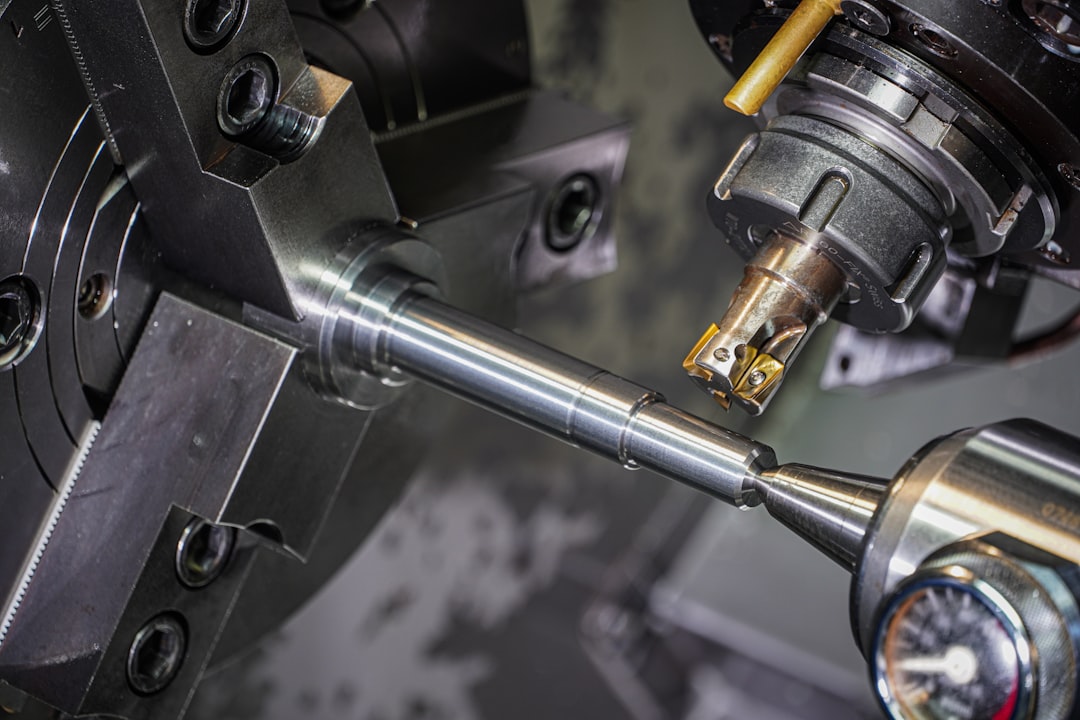What is it about?
In this work, I present some empirical evidence suggesting that the less time you have to deliberate about some proposition, the more inclined you are to know it. More generally, I present evidence to suggest that whether S knows that p can, in some cases, depend on how much time S has to deliberate about p.
Featured Image
Why is it important?
To date, pragmatic encroachers have focused on one potential practical feature, namely, the role of stakes on knowledge attributions. However, the purported stakes-sensitivity, has been met by various alternative explanations (e.g., purist contextualism, and moderate invariantism). I explore how a different practical feature--the epistemic subject's time constraints-- might affect folk knowledge attributions. This provides a new way for pragmatic encroachers to argue for the thesis.
Read the Original
This page is a summary of: TIME CONSTRAINTS AND PRAGMATIC ENCROACHMENT ON KNOWLEDGE, Episteme, March 2014, Cambridge University Press,
DOI: 10.1017/epi.2014.6.
You can read the full text:
Contributors
The following have contributed to this page










